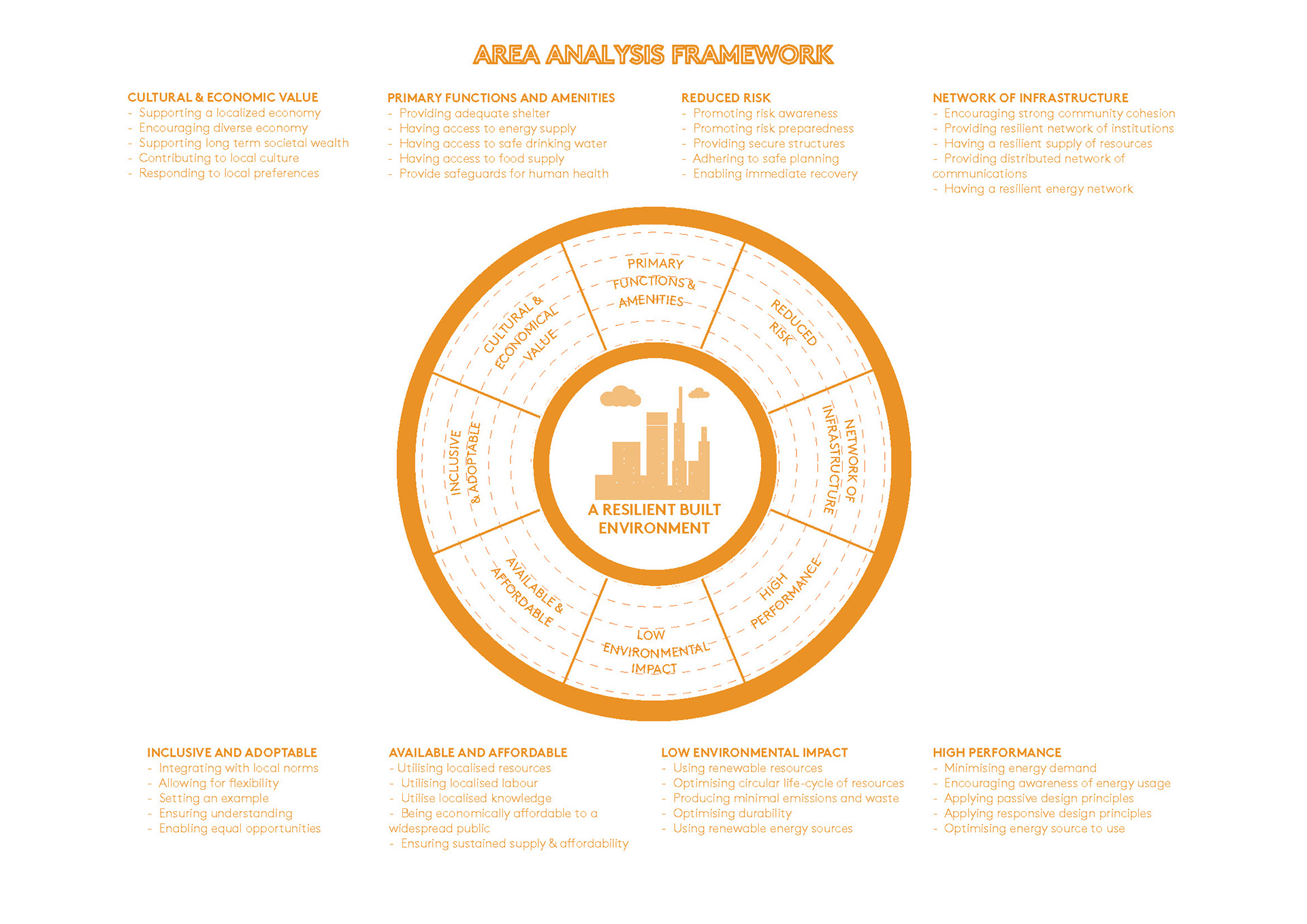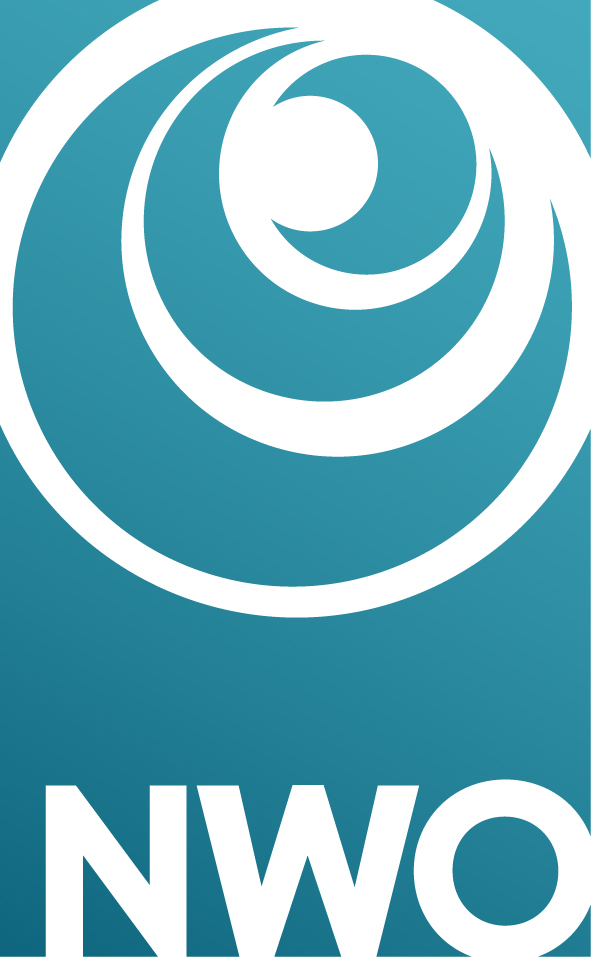Doughnut Architecture
The Doughnut Economic approach in Architecture
This Doughnut-Economic approach in Architecture project aims to develop further the AREA Framework (AF), a tool designed by graduating students at the faculty of Architecture and the Built Environment at Delft University of Technology to guide design interventions, addressing the Doughnut Economics.
The goal of this project will be to support the architectural practices towards a design and implementation approach related to the Doughnut Economics. For that, the Framework will be extended towards a direction which might radically complete or transform their approach it. It will be tested qualitatively and quantitatively on different phases of real projects, interdepartmental research and education. The Framework is ultimately meant to increase the number of architectural practices successfully implementing the Doughnut Economics in the built environment at a national level. The Framework will contribute to positioning the architectural practices concerning Doughnut Economics and the Circular Economy.
Doughnut Economics was introduced in 2017. The Doughnut, the core concept at the heart of Doughnut Economics, is a tool for human prosperity in the 21st century to meet the needs of all people within the means of the living planet. The Doughnut consists of two concentric rings, a social foundation and an ecological ceiling. Between these two boundaries lies a doughnut-shaped space that is both ecologically safe and socially, just a space where humanity can thrive.
In this doughnut-shaped space, the Framework introduced the following qualitative eight categories to address a resilient built environment: inclusive & adoptable; primary functions & amenities; network of infrastructure; achievable & available; cultural & economic strength; reduced risk; optimised use of resources; positive environmental impact. The Framework is at an initial stage, and its categories and subcategories are only qualitative.
The project results will firstly be an online open-access publication about the further developed Framework to be applied by architects and secondly the preparation and submission of a follow-up research proposal about the extended development and implementation of the Framework applicable to the built environment.
Facts
| Funder: | NWO |
| Programme: | KIEM GoCI |
| Grant amount: | € 40.000 |
| Grant number: | GOCI.KIEM.01.097 |
| Role TU Delft: | Lead Partner |
| Project duration: | June 2022 - June 2023 |
| TU Delft researchers: | Dr.ir. Piero Medici Dr ir. Roberto Cavallo |
Project partners
Delft University of Technology (Faculty of Architecture and the Built Environment), Space & Matter, Superuse Studios

